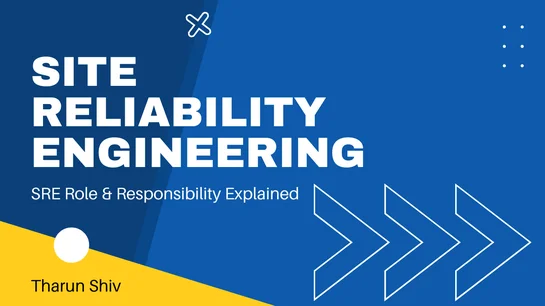Striking a Balance: Reliability Management for Innovation-Driven Companies
This blog post dives into the world of reliability management for SRE teams. It emphasizes the importance of achieving a balance between innovation and system stability. The article explores various frameworks and best practices that SRE teams can leverage to achieve this equilibrium. Some of the key takeaways include implementing SLOs and error budgets, adopting DevOps practices, and utilizing Infrastructure as Code (IaC). The blog also highlights the importance of fostering a culture of collaboration and learning within the SRE team.
















